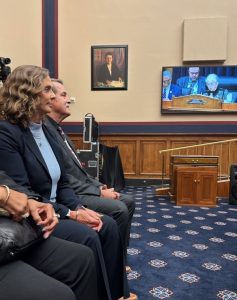Education is a lifelong journey that begins in kindergarten and continues through college and beyond. While the traditional K-12 system has mastered the art of teaching younger students, college campuses can also benefit from applying some of the lessons learned in early education settings to create a more engaging and effective learning environment.
One key lesson that college campuses can borrow from K-12 education is the importance of personalized learning. In K-12 classrooms, teachers strive to create individualized learning plans for each student based on their unique needs and learning styles. This approach can be similarly beneficial in college settings, where students come from diverse backgrounds and may have different learning preferences. By tailoring education to the individual student, colleges can ensure that each student receives the support and resources they need to succeed.
Another lesson that colleges can learn from K-12 education is the importance of hands-on, experiential learning. In K-12 classrooms, educators often use hands-on activities and real-world projects to engage students and enhance their understanding of complex concepts. Similarly, colleges can offer opportunities for students to apply their knowledge in real-world settings through internships, research projects, and community service experiences. By providing students with practical, hands-on learning opportunities, colleges can help them develop crucial skills and gain valuable experience that will prove beneficial in their future careers.
Additionally, college campuses can benefit from K-12 education’s emphasis on creating a supportive and inclusive learning environment. In K-12 classrooms, teachers work hard to foster a sense of community and belonging among students, creating a safe space where all students feel valued and respected. This sense of community can be equally important on college campuses, where students may feel overwhelmed by the transition to higher education. Colleges can support students by creating inclusive learning environments, providing mentorship programs, and offering resources for mental health and wellness.
Finally, colleges can draw on the K-12 system’s focus on continuous assessment and feedback to help students succeed. In K-12 classrooms, teachers regularly assess student progress through quizzes, tests, and projects, providing feedback to help students improve their performance. Similarly, colleges can implement regular assessment practices, such as midterm exams, papers, and presentations, to help students track their progress and identify areas for improvement. By providing students with regular feedback and support, colleges can help them stay on track and reach their educational goals.
In conclusion, college campuses can benefit from applying lessons learned in K-12 education to create a more engaging and effective learning environment. By embracing personalized learning, hands-on experiences, inclusive environments, and continuous assessment practices, colleges can better support students and help them succeed in their academic and professional endeavors. Just as education is a lifelong journey, the lessons learned in K-12 classrooms can continue to provide valuable insights and guidance for students throughout their college years and beyond.


